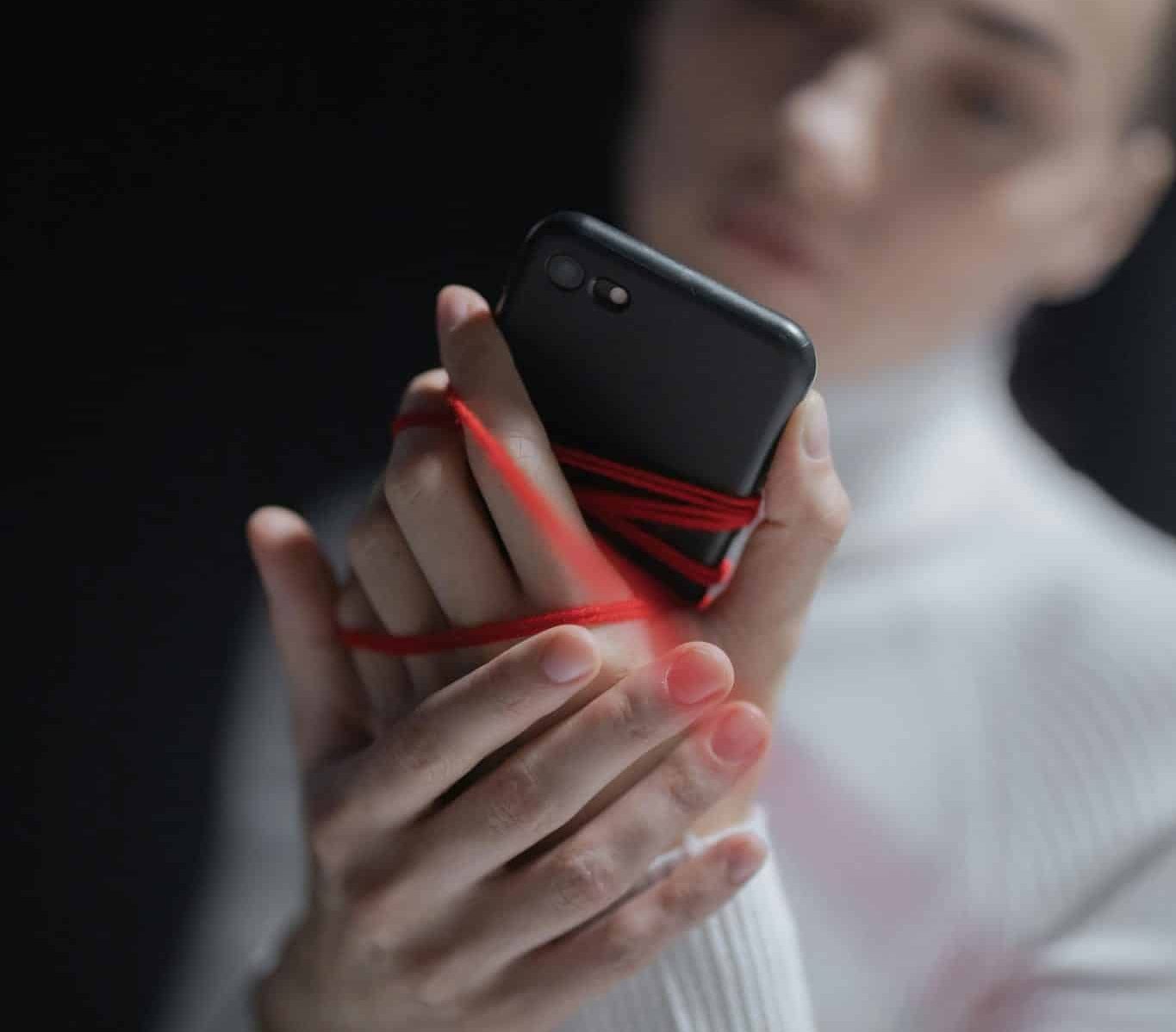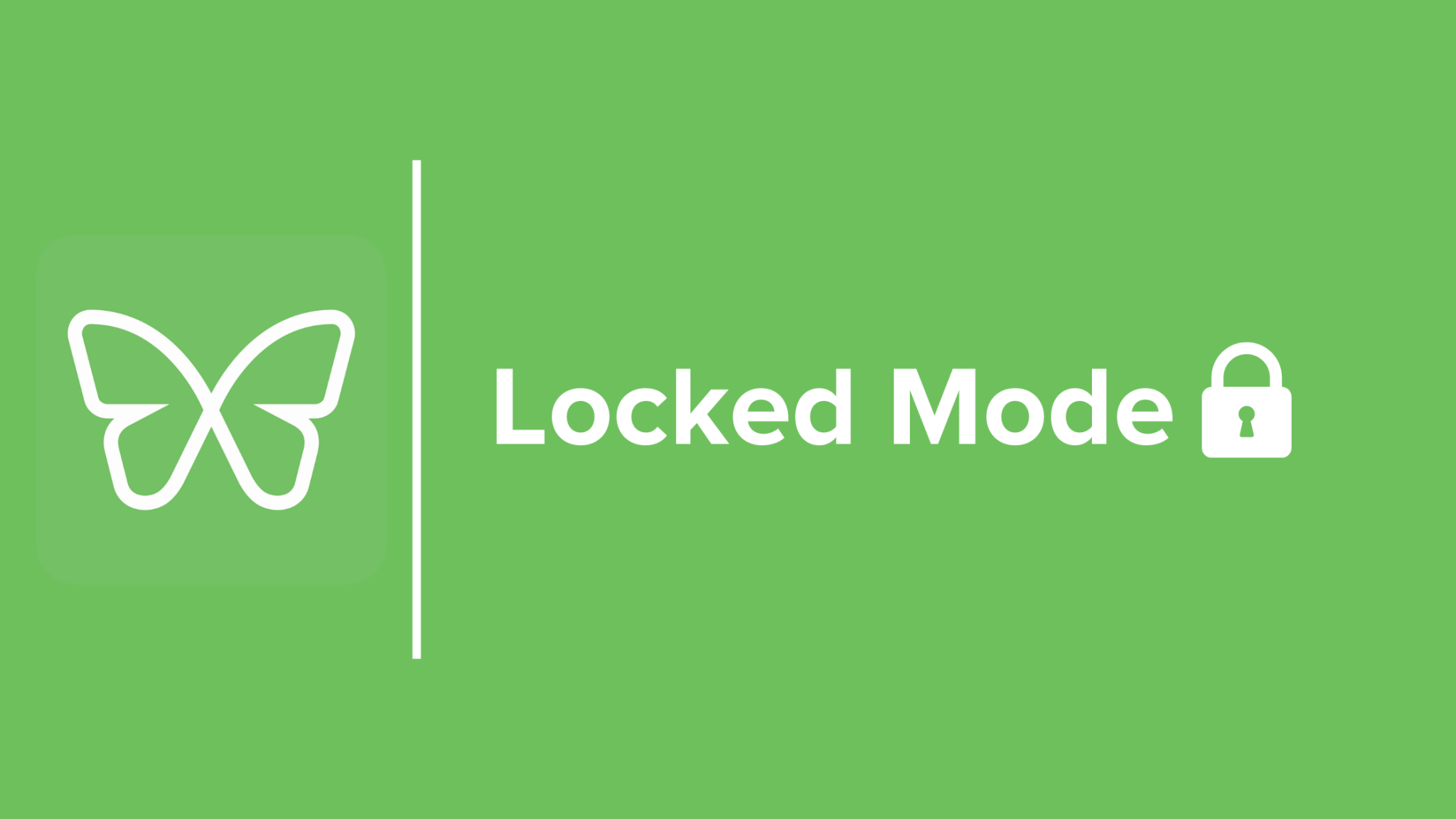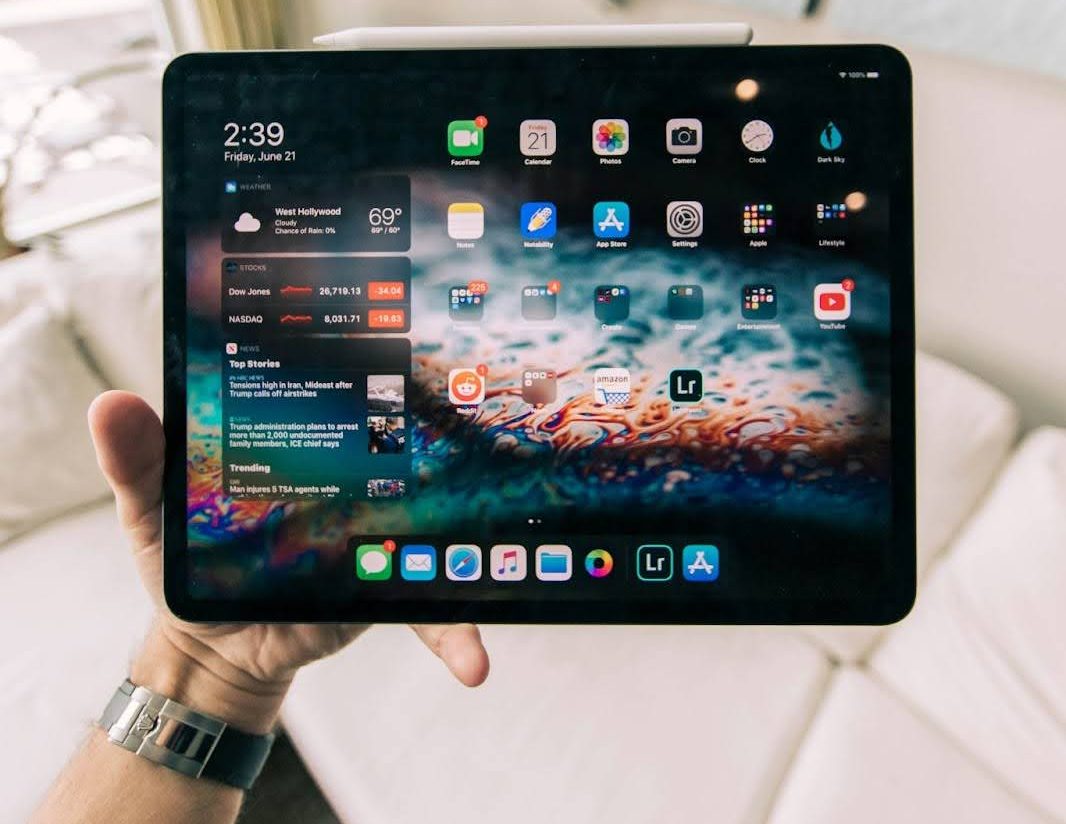Alex Roddie: Unmediated Experience Has a Light of Its Own

How an outdoor adventurer considers time in the wild essential to his creativity
At Freedom, we love our users – not just because they use our product, but because they’re cool – cool people working on cool stuff. Academy Award-nominated screenwriters, bestselling authors, editors, journalists, developers, illustrators, designers, academics, coaches, podcast hosts, comic book writers, students, and entrepreneurs – the Freedom community is packed with curious, creative, and passionate go-getters. We love to share their stories, advice, and processes because how better to learn about productivity than from the productive?
Meet Alex Roddie
Alex is a freelance writer, editor, and photographer chronicalling stories of wildness, adventure, the environment, and humanity’s place within. As editor of Sidetracked magazine, he helps capture the emotion and experience of adventures and expeditions throughout the world, and inspires others to choose their own adventures!
As quite an outdoorsy bunch at Freedom, we understand the value of spending time in nature and its impact on our productivity. So not only were we thrilled to discover that Alex uses Freedom to help him tell the stories that matter–but he’s also somewhat of a digital detox veteran! So let’s dive straight on in and learn all about Alex’s personal adventures in productivity and digital distraction!
How did you get into writing and when did you start?
Some of my earliest memories are of making up fantastical stories, and as a teenager, I wrote several rubbish fantasy novels (which, I assure you, will never see the light of day). Since then I have been writing pretty much continuously.
My focus was on historical and science fiction until about 2014, but that was the year when I began a new career as a freelance editorial professional and outdoor writer, and I now work exclusively on non-fiction – mostly magazine features and books about my long-distance backpacking journeys and mountaineering trips.
I have a love/hate relationship with Twitter. Although I find it essential for connecting with readers and clients, spending too much time on Twitter does major damage to my ability to concentrate.
What are your biggest distractors while writing and how do you conquer them?
These days, Twitter is my Kryptonite. I have a love/hate relationship with it. On the one hand, it’s where most of my audience is, and I find it essential for connecting with both readers and clients. On the other hand, it’s a black hole for attention, and I find it frighteningly easy to get sucked in. Spending too much time on Twitter in a day leads to what I can only describe as an anxious, restless brain fog that does major damage to my ability to concentrate.
I use a mixture of formed habits and the Freedom app to keep online distractions under control. Freedom helps on both levels, because not only can it be used to block access to websites or apps, but – crucially – it can be scheduled, and those schedules can be set to repeat on specific devices. For me, this is the secret sauce because it can help to build better habits. For months now I have had a schedule running to block social media and the news between 6 am and 8 am, and then just social media between 8 am and midday.
Other formed habits include keeping the Twitter app off my smartphone, never using the internet while I’m out hiking or otherwise in nature, and avoiding social media at weekends (except for promoting blog posts and newsletters, which I often publish on Saturdays). I also regularly take complete breaks from all forms of social media for up to a week at a time.
Another important tactic for me is to keep smartphone notifications at a minimum. All I need my phone to alert me to are incoming calls and messages. I don’t need my phone to ping every time I get an email or (worse) for breaking news stories.

At what point did you realize that tech was taking a toll on your productivity and time?
I first realized that the internet was having a negative impact on my life back in my university days. In 2008, studying for my final year of a Computing Science degree, my online procrastination hit dangerous levels, but I felt powerless to do anything about it – and I couldn’t even put my finger on the source of the problem.
The amount of time I spent on the internet only increased in the years that followed, and it took me a long time to identify which elements of my online experience were problematic, and why. In about 2014 I began to educate myself about the attention economy and how social networks engineer attention in order to turn moments of our lives into cash for advertisers. This was when I knew that I had to make permanent changes in my life.
Since starting to use Freedom I have felt more in control of my freelance business and have become better at separating work from life.
With Freedom blocking your digital distractions, what is the biggest change you’ve seen in your day?
Starting the morning with a clear head helps me to get momentum going with my day’s priorities. I find that if my morning is distracted then that sets the pattern for the whole day, and I often end up feeling stressed and overwhelmed by the afternoon. Worst-case scenario, I’ll be working well into the evening because I failed to achieve my work goals during the day. Since starting to use Freedom I have felt more in control of my freelance business and have become better at separating work from life.
To be honest, it also gives me a break. I find the very idea that Twitter and all the other apps are right there all the time, just waiting to suck me in, incredibly draining.
How important do you consider the time you spend outdoors to your productivity?
It is critical, although I’d like to reframe the question; I believe that it is essential for my creativity and ability to think clearly. Without long chunks of time spent outside in nature, I can’t think properly, and my work depends on making creative connections, chewing over ideas subconsciously (often for months). If I’m struggling with my productivity, it’s usually because I’m trying to do the work without having done the necessary thinking beforehand. For me, walking is thinking – and I find my hobby of nature photography very meditative too.

You’ve written about your digital detox in 2019 when you spent a month offline in the mountains of Scotland. What did this teach you about your relationship with technology and how have you applied those lessons to your life since?
I realized that it had been years since I’d last spent more than a few hours offline, and I wanted to know what it would feel like to leave the internet behind for an extended spell. In February 2019 I hiked 299 miles between Ardnamurchan Point and Cape Wrath in the West Highlands, and I did not connect my phone to the internet for that entire period.
I expected to learn that all my preconceived ideas about the evils of the internet were true and that I’d want to quit social media and live a less connected life after the trail. The experience was far more nuanced. I found the most exquisite mental silence and clarity out there – a quality of perception I’d never experienced before. I could sit and stare at a waterfall for an hour without feeling that tell-tale twitch for my phone, without experiencing the urge to capture it digitally. Just experiencing the moment was enough. The trail helped me to remember that a sunset is beautiful – and an experience is real – even if you don’t Instagram it. That unmediated experience has a light of its own.
On the other hand, I also found myself thinking more about the positive aspects of social media that I appreciated: friends met, connections made, distant family kept in touch with. I resolved to continue using social media but to use it more mindfully and for the things that really matter to me. I don’t follow accounts that make me feel bad, I don’t engage in political tribalism, and I try to use my social accounts for human connections and specific limited business purposes (plus filling my timeline with photos of wildlife, of course).
Although I’m only human, and I often stumble in my quest to live by these lessons, I am now far more at peace with my online life than I was before.
My book about this journey, called The Farthest Shore, will be published by Vertebrate Publishing in September 2021.
I found the most exquisite mental silence and clarity – a quality of perception I’d never experienced before. I could sit and stare at a waterfall for an hour without feeling that tell-tale twitch for my phone, without experiencing the urge to capture it digitally. Just experiencing the moment was enough. A sunset is beautiful – and an experience is real – even if you don’t Instagram it.
What advice would you recommend as a first step for someone who wants to improve their relationship with technology?
Delete the social apps from your phone for a few days. This will help to give you a bit of space, a bit of time away from the social treadmill. Go for a walk in the woods and leave your phone at home. Don’t listen to music. Listen to the birds, and your thoughts. You might be surprised by what you learn!
Next, try to build better habits by keeping online distractions siloed. Either access them on specific devices and not others or only access them at certain times of the day. Going cold turkey can have value, but it isn’t sustainable – and online services are useful. Recognize that you want to take advantage of them, but that you want them to cast less of a shadow in your life. Freedom really helps with this process. Install it on all your devices so that you don’t have to rely on willpower!
How different is your experience of productivity and distraction when you’re working on photography, as opposed to writing?
I find that photography is an inherently mindful activity, whereas modern computers are filled to the brim with potential distractions and are poorly designed for focused work on a single deep task. When I’m looking through the lens at a subject, my mind is focused and calm; I find it meditative, particularly if I’m shooting something I love, such as local wildlife or mountain landscapes.

As someone who wears multiple hats, how do you prioritize what tasks, activities, or people get your time each day?
I try to take on no more than three projects at a time, and I segment my week by the project. I’ll often work on editorial projects on Monday and Tuesday, then writing work for the rest of the week. If I’m working on a client’s manuscript I might dedicate several days in a row to it.
On a day-to-day basis, I try to set myself no more than three or four key tasks, and on no more than two projects. Email comes first, but I try not to look at it between 10:00 and about 16:00. My golden rule is that I must have done a solid hour on my main task for the day before lunch.
I don’t use any dedicated productivity apps beyond a calendar. I run my entire business from a stack of plain text documents managed in the Obsidian app, plus a few spreadsheets. I’m a big believer in keeping workflows simple.
Aside from spending a great deal of time outdoors, but what else do you do outside of work that helps you stay productive?
Reading is the big one; without regular reading for pleasure, I find my skills getting rusty. I’m a fan of sci-fi, historical fiction, and non-fiction on nature and the environment. I also read a lot of outdoor and adventure literature.

What inspires you to improve your craft?
It’s got to be the amazing work being produced by other contributors who write for the magazines I work with. The standard of creative writing in the outdoor and adventure community is at such a high level!
What projects are you currently working on that you are most excited about?
Currently, it’s Sidetracked Vol. 21. This is my second issue as editor, and there’s a real feeling of excitement as features come in and I begin to get a sense of the shape of the issue. I am also working on another collaborative book project with the German publisher Gestalten. Last year I worked with the team to co-edit Wanderlust Europe, and this new book is shaping up to be just as exciting.

All photographs in this interview are Alex’s own, which you can see more of on his website.
Listen to Alex Roddie on the Freedom Matters Podcast:

Alex Roddie is a freelance writer, author, and editorial professional. He works on outdoor, travel, nature, and environmental non-fiction, and is a regular contributor to several UK-based magazines. He is the editor of Sidetracked. Follow Alex and his amazing adventures on Twitter and Instagram.


